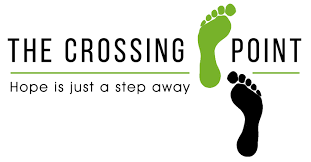Coercive control
Coercive behaviour is an act or a pattern of acts of assault, threats, humiliation and intimidation or other abuse that is used to harm, punish, or frighten their victim
Controlling behaviour is a range of acts designed to make a person subordinate and/or dependent by isolating them from sources of support, exploiting their resources and capacities for personal gain, depriving them of the means needed for independence, resistance and escape and regulating their everyday behaviour.
Coersive control behaviours include assault, threats, humiliation and intimidation or other abuse that is used by the abuser to harm, punish, or frighten the victim, exploiting, regulating and redirecting the victim’s life to gain all the privileges, freedom and rights, leaving the victim with none.
Only someone who is personally connected to you can commit an offence of coercive control. This could be a partner, spouse, someone you have had a child with, or a family member/relation you live with. This could be a romantic, sexual, intimate relationship, which includes same sex relationships.
Coercive and controlling behaviour can cause serious alarm or distress which has a substantial adverse effect on a victim’s usual day-to-day activities.
In many cases, the perpetrator will act differently towards others and give no indication of their behaviours demonstrated ‘behind closed doors’. They can be clever, convincing and persuasive in order to avoid detection.
- Analysis of Merseyside Police domestic abuse data found that 95% of coercive control victims were women and 74% of perpetrators were men.
- 76% of coercive control cases happened within an intimate partner context.
- The study found that common abusive behaviours used in coercive control included
- use of technology (such as phone trackers, controlling social media usage, barrage of text messages or monitoring phone usage),
- sexual coercion,
- monitoring behaviours,
- isolation,
- threats,
- financial abuse,
- deprivation (depriving access to support)
- and physical violence (63% of coercive control cases featured reports of physical violence).” (Barlow et al, 2018)
Coercive control became a criminal offence 29 December 2015: Section 76 of the Serious Crime Act 2015 created a new offence of controlling or coercive behaviour in an intimate or family relationship.

